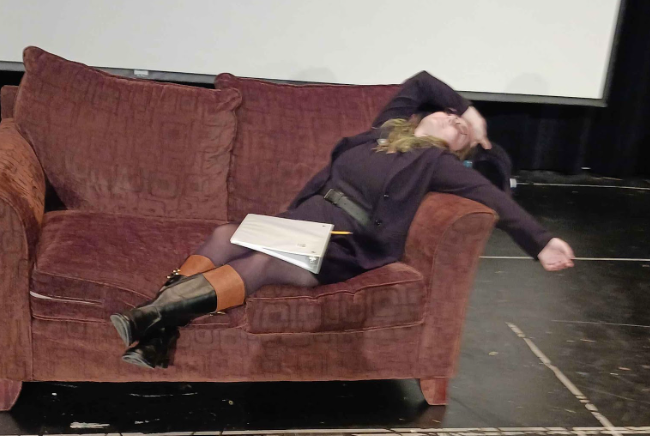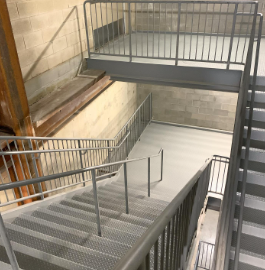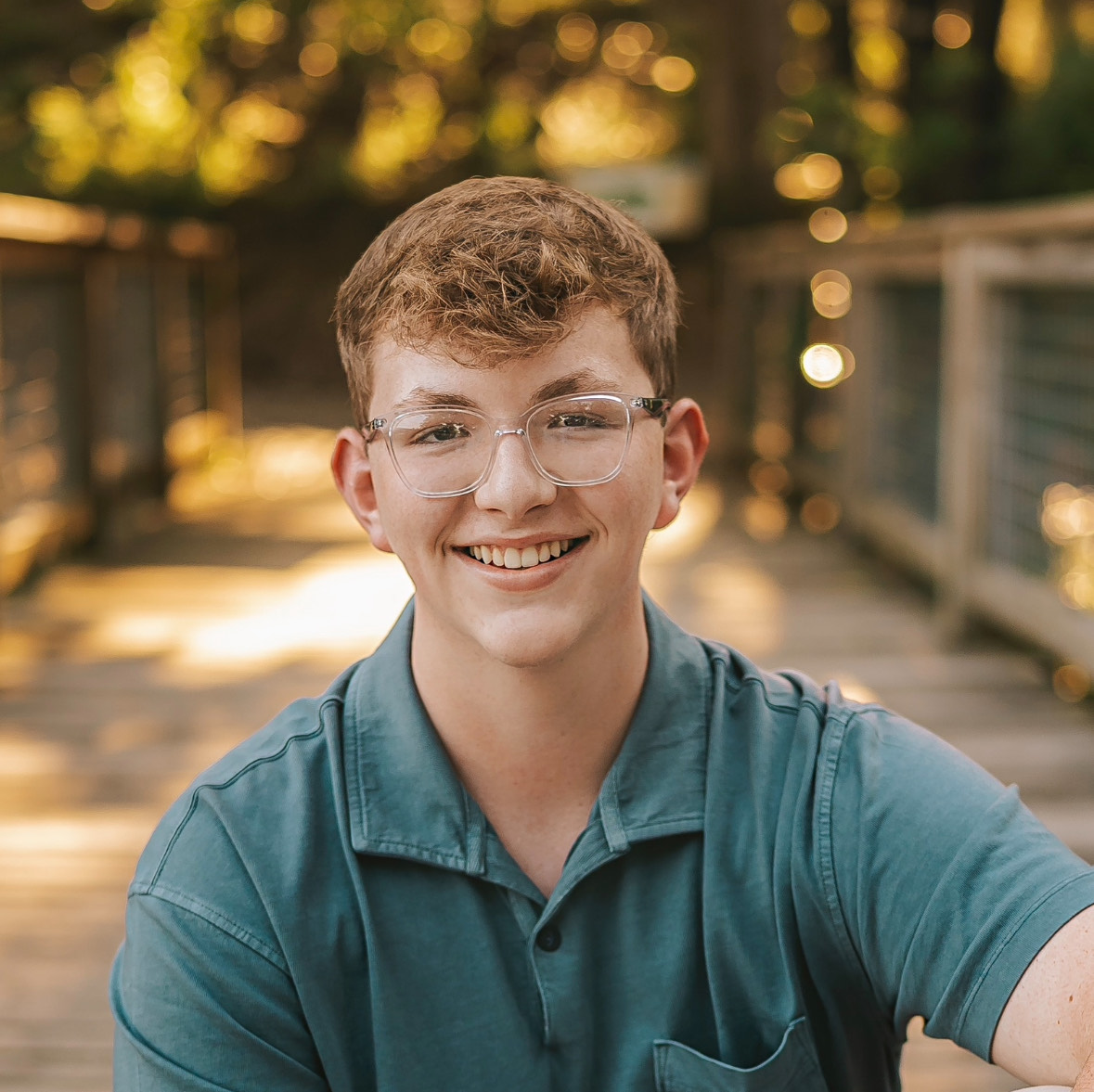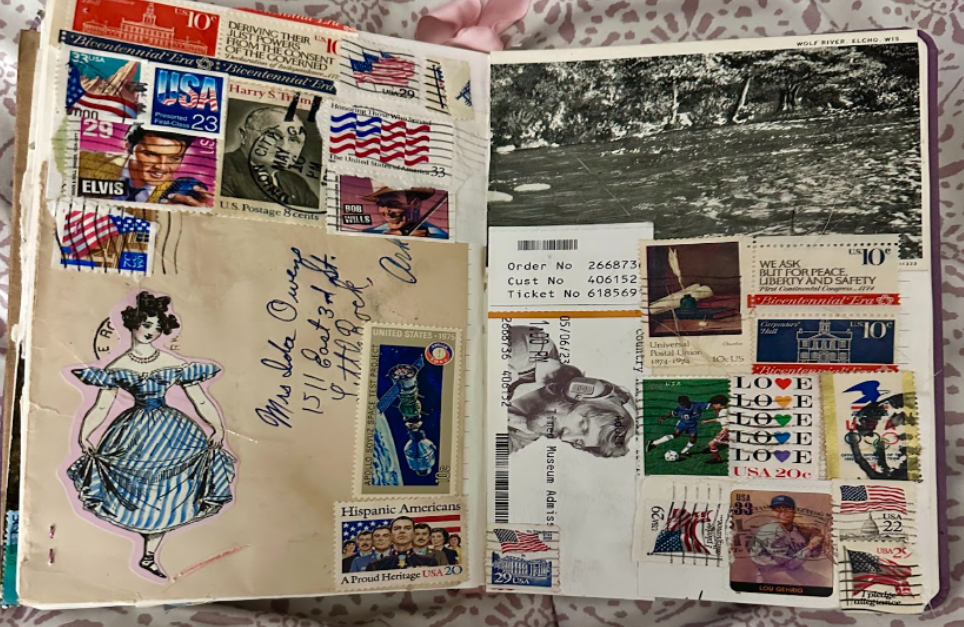How I Got into Harvard University
And How You Can Get into Your Dream School
At the beginning of my senior year, I felt like I could see only tension in each of my endeavors. With the impending doom of college application deadlines hanging over my head, I drudged through my coursework feeling hopeless, unmotivated, and incredibly anxious. I—like many of you who will read this article—felt like I was pulled in 15 different directions trying to balance coursework for seven AP courses, multiple extracurriculars and clubs, and writing several admissions essays at the same time. The first semester of senior year is no joke; it’s competitive, cut-throat, and the temptation to compare yourself to others will undoubtedly cross your mind more than once. Despite the terror of the battlefield that many promising seniors conscript themselves to, trust me when I say that it’s all worth it. I recently was accepted into Harvard University, but let me be the first to say that there is no “formula” to college admissions. You are unlike any other person, and that’s exactly what makes your story special. Anyways, I hope that some of the tips I have picked up will be helpful; I know that for me, they made all the difference.
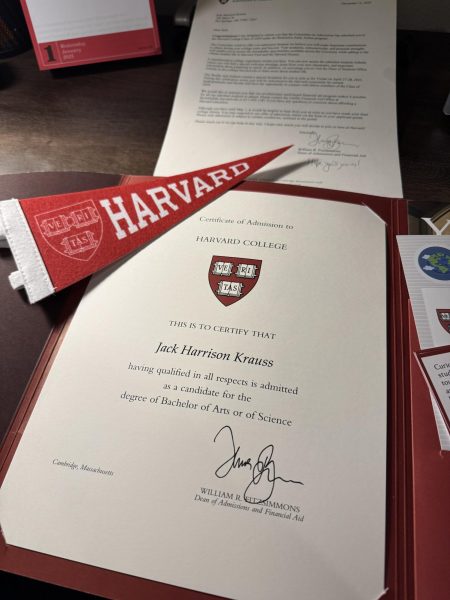
_____________________________________________________
1) Enroll in the AP Capstone program
If you have the opportunity, you must take AP Seminar and AP Research. These two courses often are overlooked because of the time commitment that they require—I mean that is two years of your life dedicated to a College Board program. In AP Seminar, you’ll learn all of the skills needed to be successful in AP Research, and in AP Research, you will write an original thesis, on par with that of a Master’s Degree thesis. I took AP Seminar in the tenth grade, followed by AP Research in the eleventh, and I believe that this is the way to do it. AP Research is such a large time commitment that I’m not sure I would have been able to do it concurrently with college applications. Additionally, you’re going to want to be able to say that you’re a AP Scholar with Distinction and an AP Capstone Diploma Recipient BEFORE you begin applying to college—those are two awards that you are going to want to put in the “Honors” section of your Common ApplicationⓇ!
I wrote my thesis over student perception of indoctrination within the College Board’s AP African American Studies course in coordination with the (then new) Arkansas LEARNS Act’s definition of “indoctrination.” I was so incredibly happy with my topic because first, I got to send my study to the desks of Arkansas Governor Sarah Huckabee Sanders and Arkansas Department of Education Secretary Jacob Oliva—though I doubt either of them took the time to read and gather the intelligence to understand it—and second, it was a major talking and writing point in my college interviews and essays and my scholarship essays!
Two of my five supplemental essays that I sent to Harvard discussed my work in AP Research and the experience that I gained from the AP Capstone program. Further, both the Harvard alumnus interviewer and the interviewer from the Harvard Office of Admissions asked about my experience in AP Research! I was so happy that they asked about it because if you take this course, you will spend an entire year learning almost everything there is to know about your topic. Admissions interviewers and essay-readers decipher through tens of thousands of applications—often from the world’s best and brightest—so make sure that you research something that is timely, interesting, and part of your passion. It was because of my experience in AP Research that I felt like I aced my two interviewers from Harvard.
Aside from the confidence it will give you in interviews and supplemental essay-writing, the thesis that you will write is invaluable experience. If you’re planning to apply to top-notch universities, research is often a major part of their curricula, and having an entire thesis on your belt before jumping into collegiate-level research will prepare you to embark on that journey and put you a step-ahead of your peers. My last piece of advice related to research: make sure you use what you write! If you do nothing with your study, was it really useful? Aside from sending my study to state-level government officials, I used my study as the Chair of Education in US Senator Boozman’s Congressional Youth Cabinet as evidence of growing educational disparities across Arkansas.
I couldn’t be more grateful for the countless peer editors, teachers, and advisors who helped me through AP Research, and I can’t wait to use my experience as a launchpad into Harvard’s Radcliffe Institute—their world-class research institution.
____________________________________________________________________________________
2) Know your Recommenders
Recommendation letters are a major part of your college applications, but many students tend to overlook their importance. Harvard—and the majority of the top-20 universities—allow each applicant to submit up to five letters of recommendation through the Common ApplicationⓇ; USE ALL FIVE! This is your chance for someone who knows you well to testify to all of the outstanding work that you’ve done throughout high school, and it’s because of this that you want your recommenders to know you well. Pick the teachers who have motivated you, witnessed your personal growth, laughed with you, and encouraged you; they will write you the best letters.
For my recommender section, I chose to submit two teacher recommendations, one administrative recommendation, one extracurricular recommendation, and one peer recommendation. After submission through the Common ApplicationⓇ, Harvard allowed me to submit two additional teacher recommendations. It’s important to have recommenders from a variety of avenues because you want the admissions committee to get a holistic picture of who you are as an individual. Remember: the people reading your application do not know you—you must show them who you are.
I highly recommend including a peer recommendation. These types of recommendations are utilized by students less-often, so having a peer write on your behalf will make you stand out from the rest of the applicant pool. Make sure that your peer recommender is someone who you have worked with, struggled with, and succeeded with. My peer recommender, Sneh, has taken multiple courses with me, and he’s seen the best and worst of my high school journey—both in and out of the classroom. He’s been my peer reviewer, therapist, and teammate for the past four years, and I wouldn’t have it any other way.
Finally, make sure that you allow your recommenders ample time to write for you. The best letters take time to write because your recommenders will want to paint the best possible picture of you as a person.
_____________________________________________________________________________________
3) Join extracurriculars that mirror your passions
Extracurricular organizations should not be lists of organizations that you can add to your resumé: they should be organizations through which you collaborate with peers with a shared interest to promote a cause that transcends individual ambitions. My best advice would be to find extracurriculars that allow you to get a glimpse of a particular field or line of work that would otherwise be unavailable to you. For example, through my work with the Syrian Emergency Task Force (SETF), I got to be a firsthand witness to the intersection of policy work, humanitarian displacement, and medical crises.
The SETF is one of the primary reasons why I want to someday become a physician. Through my work I found a passion for teaching and advocacy, and that’s something that I look forward to carrying with me to each of my future endeavors. The bottom line is that you must be passionate about your extracurriculars. Passion will make writing your university’s multiple supplemental essays incredibly easy, and those unique experiences will be all more special to the admissions committee if you can share how they transformed your perspective on a certain interest.


_____________________________________________________________________________________
4) Get personal in your Common ApplicationⓇ essay
Again, your application is your first impression to the admissions committee, and your Common ApplicationⓇ essay will be the first thing that they read about you. My biggest piece of advice would be to not treat this essay like your typical English class essay. Creative writing seems to be a lost art these days—much to students’ detriment—but you need to dig deep and find an experience that has changed you for the better. Don’t forget all of the figurative techniques that you learned in AP English Language and Composition, but use them with caution—you don’t want to sound cliché! In my essay, I found extended, ongoing metaphors to be incredibly helpful for me. Whatever you write about needs to be something that has changed or developed your identity, so make it unique and personal to ONLY YOU!
On a separate note, make sure that you get specific about each university in your supplemental essays. These essays are opportunities to prove why you belong on campus and how you will bring your unique life experiences with you to shape the culture of your college. This is your time to mention specific courses, professors, clubs, school landmarks, sayings, mottos, and mascots. The admissions committee will be happy to know that you have taken time to show your interest in their specific university and that you have researched reasons why you will be a good fit.
_____________________________________________________________________________________
5) Visit the campus, if possible
Campus feeling has proven to be one of the most important contributors to happiness in college students. I was fortunate enough to visit multiple universities during my junior year, and the feeling I got from simply standing on some university campuses dissuaded me from applying to them. One of my first experiences with college tours took place in Boston, and this was before I thought that Harvard was even close to a possibility for me. The first college that I toured in Boston was Boston University (BU). Before being on campus, I thought that BU was the place for me: it had all of the academic, social, research, and extracurricular opportunities that I was looking for. As soon as I stepped out of the Uber, I immediately got a bad feeling. The campus seemed too industrial for me; I was right in the middle of the hustle and bustle of Boston without any sort of campus vibe.
After touring BU, my family decided to tour Harvard just for fun. As soon as I walked across the Harvard Yard, I got an entirely different feeling. I could picture myself contributing to the vibrant discourse that shapes the Yard. I immediately fell in love with the colonial architecture and the student culture. I felt surrounded by diversity on a scale that surpasses that of Hot Springs by tenfold.
My one-hour tour of Harvard made me realize that it was a possibility for me, and it made me want to be there so much more. Sometimes, that sublime feeling—you might call it intuition—is the match in the powder barrel that sparks your interest. 

_____________________________________________________________________________________
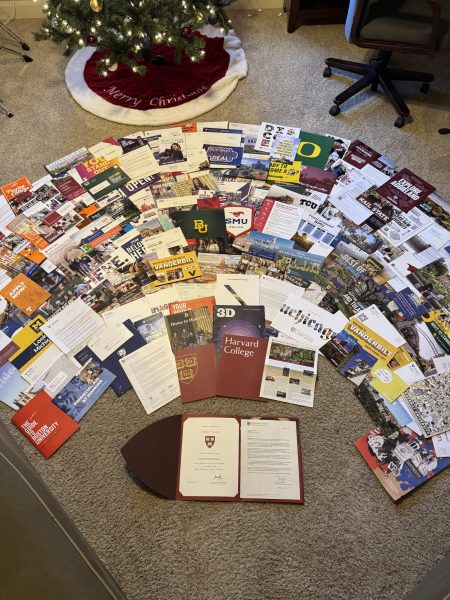 Whether you’re in the thick of it with college applications or just beginning the process, by far the most important trait that you must develop is self-actualization. If you’re a Lakeside student, this phrase probably sounds familiar to you—and props to the wonderful Mrs. McInvale for forcing us to memorize Maslow’s Hierarchy of Needs. Self-actualization is the capstone of the hierarchy—the need to become the most complete and authentic version of yourself. Admissions committees aren’t just looking for a list of achievements—they want to see how your experiences have shaped your character, passions, and goals. By reaching for self-actualization, you’ll craft an application that not only highlights your accomplishments but also reflects your values, dreams, and the impact you hope to make in the world. It’s about demonstrating how you’ve transcended the idea of a basic high school student and are now striving to meaningfully contribute to your community and beyond, showcasing the authentic you.
Whether you’re in the thick of it with college applications or just beginning the process, by far the most important trait that you must develop is self-actualization. If you’re a Lakeside student, this phrase probably sounds familiar to you—and props to the wonderful Mrs. McInvale for forcing us to memorize Maslow’s Hierarchy of Needs. Self-actualization is the capstone of the hierarchy—the need to become the most complete and authentic version of yourself. Admissions committees aren’t just looking for a list of achievements—they want to see how your experiences have shaped your character, passions, and goals. By reaching for self-actualization, you’ll craft an application that not only highlights your accomplishments but also reflects your values, dreams, and the impact you hope to make in the world. It’s about demonstrating how you’ve transcended the idea of a basic high school student and are now striving to meaningfully contribute to your community and beyond, showcasing the authentic you.
The first semester of senior year might feel and look like a hellscape at some points, but always keep your end-goal in mind. Believe in yourself. Dream big. Lean into your support systems. I never thought that my acceptance into the world’s best university would be possible, but here we are. Anything is possible if you believe that you can do it.
I’m wishing you the absolute best of luck on your admissions journey, and please don’t hesitate to reach out to me if you have any specific questions about my application or college applications/interviews in general! ([email protected])










